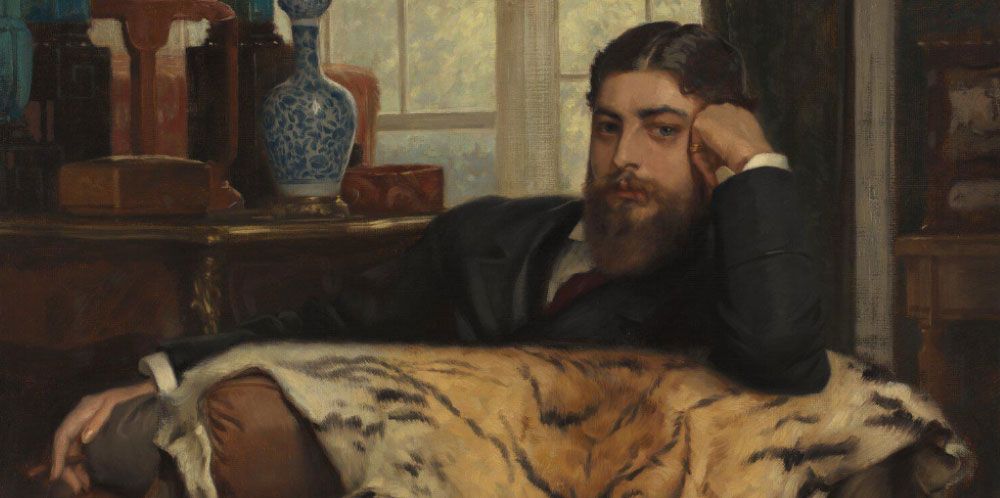Avoidance and Consumption
What do you do when you don’t know what to do? Or when you know what to do but don’t especially want to do it? I know what I do. I wish I could say that I prayed for help or pressed through the tricky moment with the same grit that saw me through Navy Seals training. I even wish I could say I simply looked off into space for an hour or distracted myself and everyone around me with chit-chat. Instead, I must admit that, most frequently, I take the easiest of all ways out. I consume.
It doesn’t really matter what I consume so long as I don’t have to act. YouTube videos, blog posts, just the headlines from the front pages of newspapers to which I don’t subscribe, all do just as well. The point is not what I’m looking at but what I’m not looking at. I never really quit Facebook and Twitter; I just stumbled away in disgust after too many long bouts of drinking from their contaminated cellars. But I still peek in every once in a while when I grow bored with the other things, sipping again from the same old cellars. I always regret it, though.
I don’t think it would be so bad if I only had one or two steady things to consume. If I habitually avoided action by reading the newspaper, for instance, I think I could make peace with that kind of life. It would have its vices and its shallowness, but it would at least be a regular and predictable kind of baseness, manageable and mostly calm, not pulling my mind to pieces in a thousand different directions.
Maybe such manageable vices were easier to come by a few decades ago, like the little guilty-pleasure shady Chinese buffet on the corner, not really healthy, but mostly harmless in moderation, and bringing its own kind of joy. These days, however, the corner Chinese buffet of amusements has expanded its operations into an infinite number of semi-digestible options and they have combined the buffet line with an expansive amusement park, complete with flashing lights, shouting cotton-candy hawkers, blaring carnival music, and rapidly spinning rides that conveniently recycle the soggy kung pao chicken.

Why do I keep buying tickets? I really don’t know. But I’m not the only one. Everywhere I look I see people complaining about the nausea of endless feeds, but I usually find these complaints on one of those feeds, and somehow the stock prices of the parent companies keep going up.
In the moment, it feels like I’m clicking to chase something, but underneath I know that I’m clicking to run away. The silly thing is that I’m not running away from anything particularly terrifying, just the momentary feeling of discomfort while I settle down to action and the burden of responsibility. On second thought, that burden of responsibility—not just for this one action, but in the end, finally, for the totality of my life—might be pretty terrifying after all. It might be the most terrifying thing there is.
Consumption can often wear a mask of responsibility, and many of the things that one can endlessly consume today look like work. To make progress on that scholarly article, I tell myself, I absolutely must read five more secondary sources. Before I fix the sump pump in the basement (even after buying all the materials months ago), I absolutely must watch five more instructional videos. To overcome my avoidance and procrastination, I absolutely must read Getting Things Done five more times.
If I added up all the productivity content on the entire internet, however, it would not make an ounce of actual production. And who says “productivity” should be the goal anyway? I think I got that goal from one of the productivity videos that I watched while procrastinating. I thoughtlessly internalized the ideal because I was too busy to think for myself. What I need is not so much the maximization of my production—as though my own life were an ill-conceived Marxist labor camp—what I need is just a single moment of agency.
When I am lost in the stream of consumption, I am not really acting. I undergo the endless feed; it happens to me while I am a passive receptor. I’m clicking and clicking to be sure, and the algorithms are counting on me making little decision after little decision, but these decisions fall far short of anything like a will.
When I wake up from the stupor, however, and return again to myself, I become capable of true action. With a clear mind, I can think my own thoughts and from this position of clarity, I can truly will what I want to will. As a finite human being, however, there is no guarantee that I will think the truth or that my decisions will always be right. At least, however, they will be mine.
The combination of fallibility and ownership generates the terror of responsibility. Now that I can truly say, “This is what I will to do because this is what I think is true,” at that very moment I can be judged.
Perhaps it would be safest to get some advice first, before I act. Perhaps I should consult the experts on this podcast or canvas the opinions of my peers on Facebook. Perhaps I need more data about the state of the world or the state of science. Perhaps I just need to lighten up and watch some stand-up-comedy shorts. And so I reenter the cycle of consumption and endlessly defer the burden of responsibility. And so I defer my own life.
